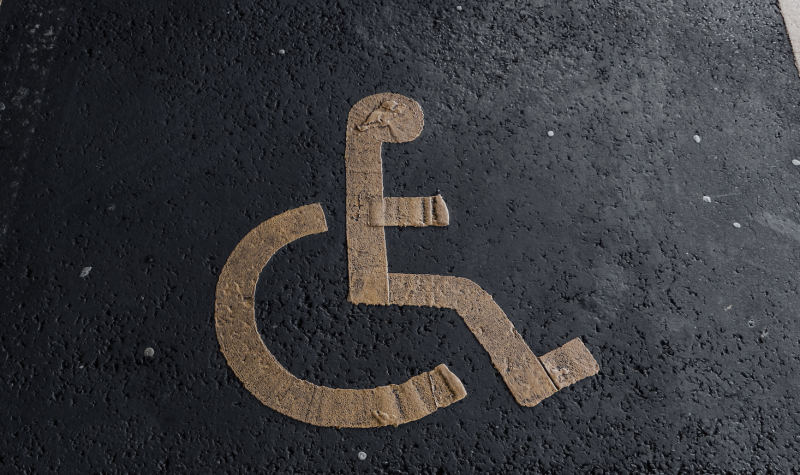An Accessibility Advisory Board in Nova Scotia gave their recommendations on accessibility to Minister of Justice Brad Johns, the minister responsible for the Accessibility Act on June 30.
The Accessibility Advisory Board released the second phase of their recommendations for an accessibility standard in education.
The second phase narrowed the scope on how to apply these recommendations to each level of education, addressed gaps in the previous phase of their recommendations.
The Nova Scotia Accessibility Act was passed in 2017 and required that the government of Nova Scotia work with people with disabilities and public and private sectors to create six standards for an accessible Nova Scotia.
The six standards apply to goods and services, information and communication, transportation, employment, education and built environment.
The board of 18 members, in which the majority identify as persons with disabilities, met around once a month for four years to work on the recommendations.
“The best people to try and plan accessibility are those who are familiar with what not having it looks like,” Rosalind Penfound, Chair of the board that focused on education, says.
The recommendations for education centre around areas such as curriculum, materials, accessibility services and assistive technology.
“Most people when you talk about disability think about mobility,” Penfound says. “It’s when you go into deaf or hearing impaired or blind or people that are neurodivergent and how you ensure that they are served well by the system.”
The recommendations cover public and private schools from primary through to post-secondary education.
“The government will now start a process of turning the recommendations into regulation, guidelines or policies that will then support a more accessible education system,” Penfound says.
Due to the amount of recommendations from the board, Penfound says it will take up to two years for the government to work through and turn into regulations.
Listen to the story below:


